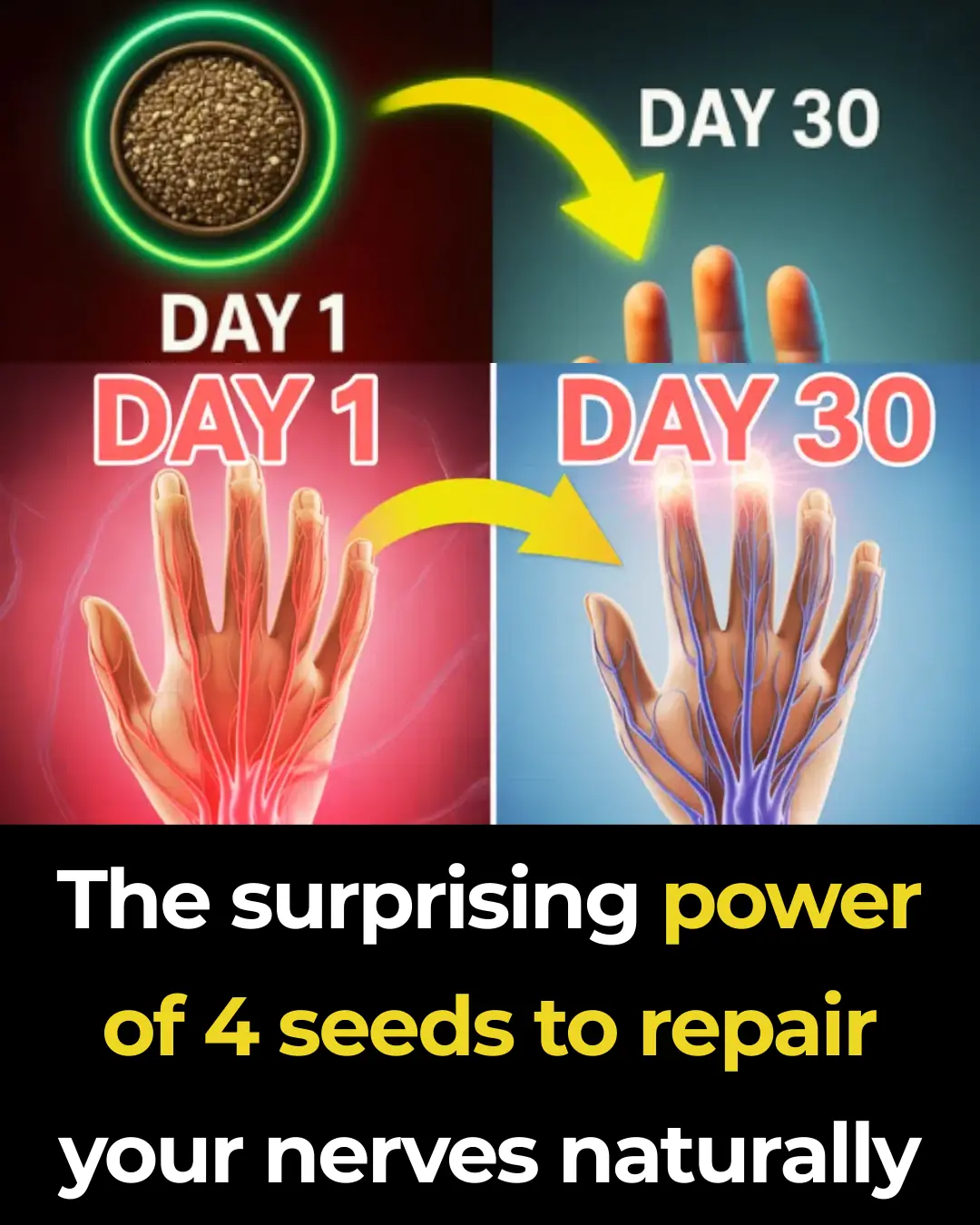
Why You Should Leave the Bathroom Light On When Sleeping in a Hotel — 90% Get It Wrong
You might normally sleep with all lights off—but the Vietnamese article argues that leaving the bathroom light on during overnight stays in hotels can actually save your life. Many people remain unaware of the benefits, but in emergencies or disorientation, that simple glow can make a world of difference. (Tạp Chí Đời Sống) (turn0view0)
Below is an enriched version with added rationale, caveats, and what hospitality and safety experts might say.
What the Article Argues
The article outlines several reasons why keeping the bathroom light on overnight, especially in unfamiliar hotel rooms, is a smart move:
-
Emergency Readiness / Orientierung
If an urgent situation arises—earthquake, fire alarm, intrusion—the faint light spilling from the bathroom can guide you toward exits or safe zones. In a panic, groping for switches in pitch darkness wastes precious seconds. (Tạp Chí Đời Sống) -
Easier Nighttime Trips to the Bathroom
Late at night, your brain and body are groggy. Fumbling for unknown light switches in a foreign bathroom can lead to falls or injuries. A dim ambient light can reduce that risk. (Tạp Chí Đời Sống) -
Calming Fear & Anxiety
Sleeping in strange environments can provoke unease or restlessness. A soft glow helps mitigate shock or startle responses—especially for those who are sensitive to darkness in unfamiliar settings. (Tạp Chí Đời Sống) -
Maintaining Sleep Flow / Avoiding Awakening
Wandering in the dark, trying to find multiple switches, or been startled into full wakefulness can deteriorate sleep continuity. A low light in the bathroom acts as a visual cue, preventing full-blown alertness and helping preserve your sleep state. (Tạp Chí Đời Sống) -
Direction & Safety in the Dark
The article notes that when you wake in the dark, you may walk toward the bathroom for water or to relieve yourself. Without ambient light, you risk tripping over furniture, suitcase corners, rugs, or other obstacles in a dim, unfamiliar layout. (Tạp Chí Đời Sống)
The article emphasizes that although it may feel odd to keep the bathroom light on, the benefits of spatial orientation and safe movement outweigh minor discomfort.
Additional Perspectives & Considerations
Safety & Hospitality Insights
Many hotel safety guidelines already recommend night lights, emergency floor lighting, and illuminated exit signs for guest safety in power outages or evacuation scenarios. The concept of leaving internal lighting aligns with those practices.
Sleep Science & Light Exposure
Light exposure affects circadian rhythm and sleep quality. Bright blue light can interfere with melatonin, but a low-intensity ambient light—especially in a small area like the bathroom—may not significantly disrupt sleep if carefully chosen in warm tones. Experts might suggest using low-wattage, warm-color bulbs rather than bright white or LED “cool” lighting.
Energy Use & Practicality
Leaving bathroom lights on for the night does consume a bit of electricity. In budget hotels or older establishments, that may matter somewhat—but the safety trade-off is usually minimal compared to potential risks. Guests can choose LED night-light bulbs or use motion-sensor lights.
Psychological Comfort
Humans are highly visual and rely on landmarks and familiarity. That faint bathroom glow acts as a landmark in a new space, reducing disorientation and panic. Psychologists would note that reducing cognitive load in sleep-groggy states is beneficial.
Tips & Caveats for Doing This Smartly
-
Use a low-power, warm white bulb or night-light fixture to minimize glare while still offering illumination.
-
Avoid placing bathroom light exposure directly in your face—angle it so the ambient light spills softly into the bedroom or hall.
-
Test the light before full sleep—ensure it doesn’t shine too brightly on you or ruin your sleep environment.
-
Always leave main pathways (bed to bathroom, door-to-exit) unobstructed, so the ambient glow helps rather than being blocked by objects.
-
In extremely sensitive people (light sleepers, circadian issues), you may want a timer or dimmer function so it turns off later in the night.
-
This should be a supplemental safety habit—not a replacement for reading floor plans, knowing exit routes, or carrying a small flashlight in your luggage.
News in the same category


You're Doing It All Wrong. Here’s the Right Way to Store Leftovers (Expert-Approved Guide)

How to Open a Can in an Emergency (It’s Easier Than You Think!)

How To Detox Each Organ To Reset Your System

15 Plants That Can Grow Easily in Water — A Beautiful, Soil-Free Way to Green Your Home
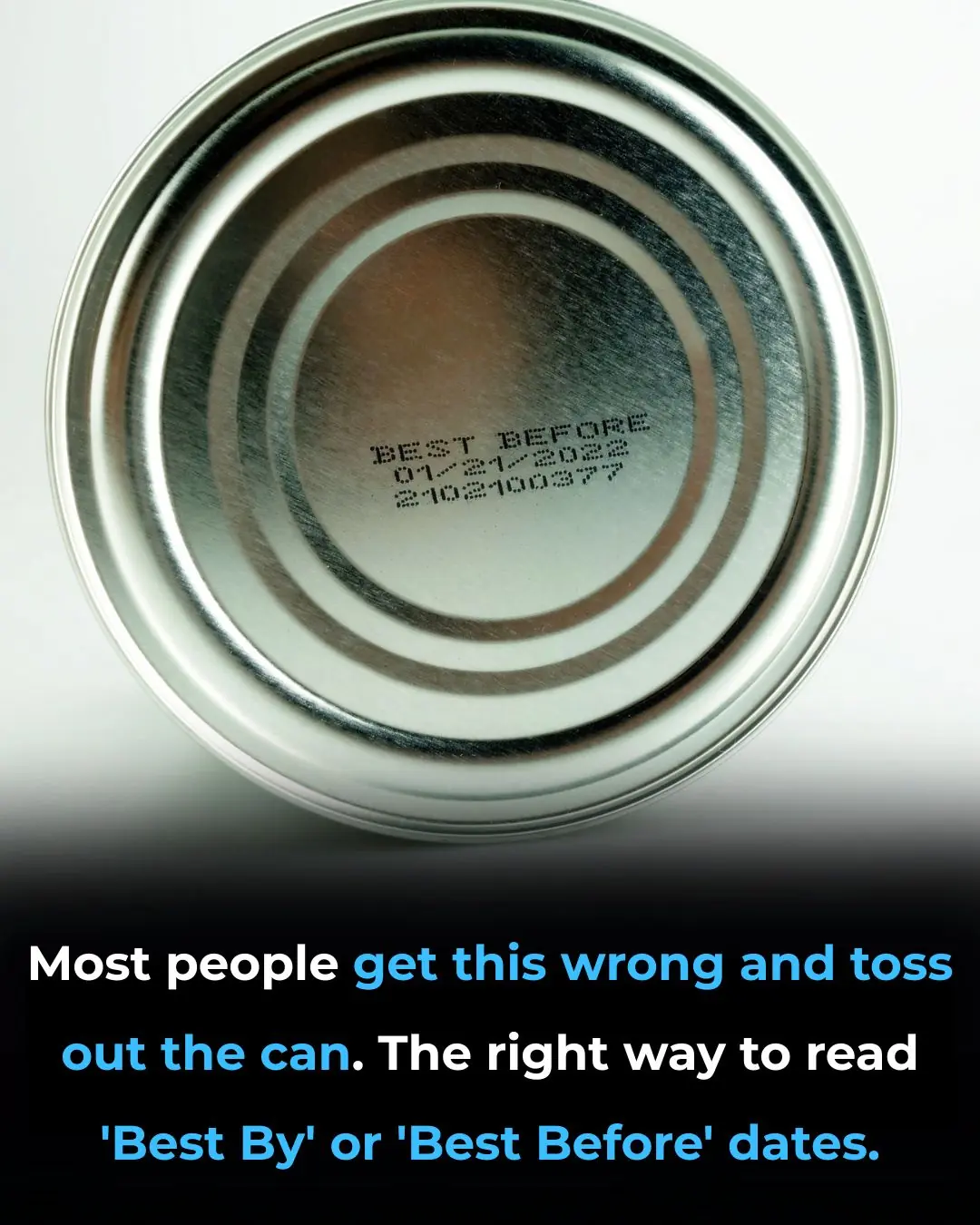
Most people get this wrong and toss out the can. Here’s the right way to read ‘Best By’ or ‘Best Before’ dates

I Had No Idea! The Remarkable Story of the Stone Breaker Plant

Stop throwing out old hoses — 10 brilliant hacks to use them around the house

This Method Is So Brilliant — I Wish I’d Thought of It Sooner!
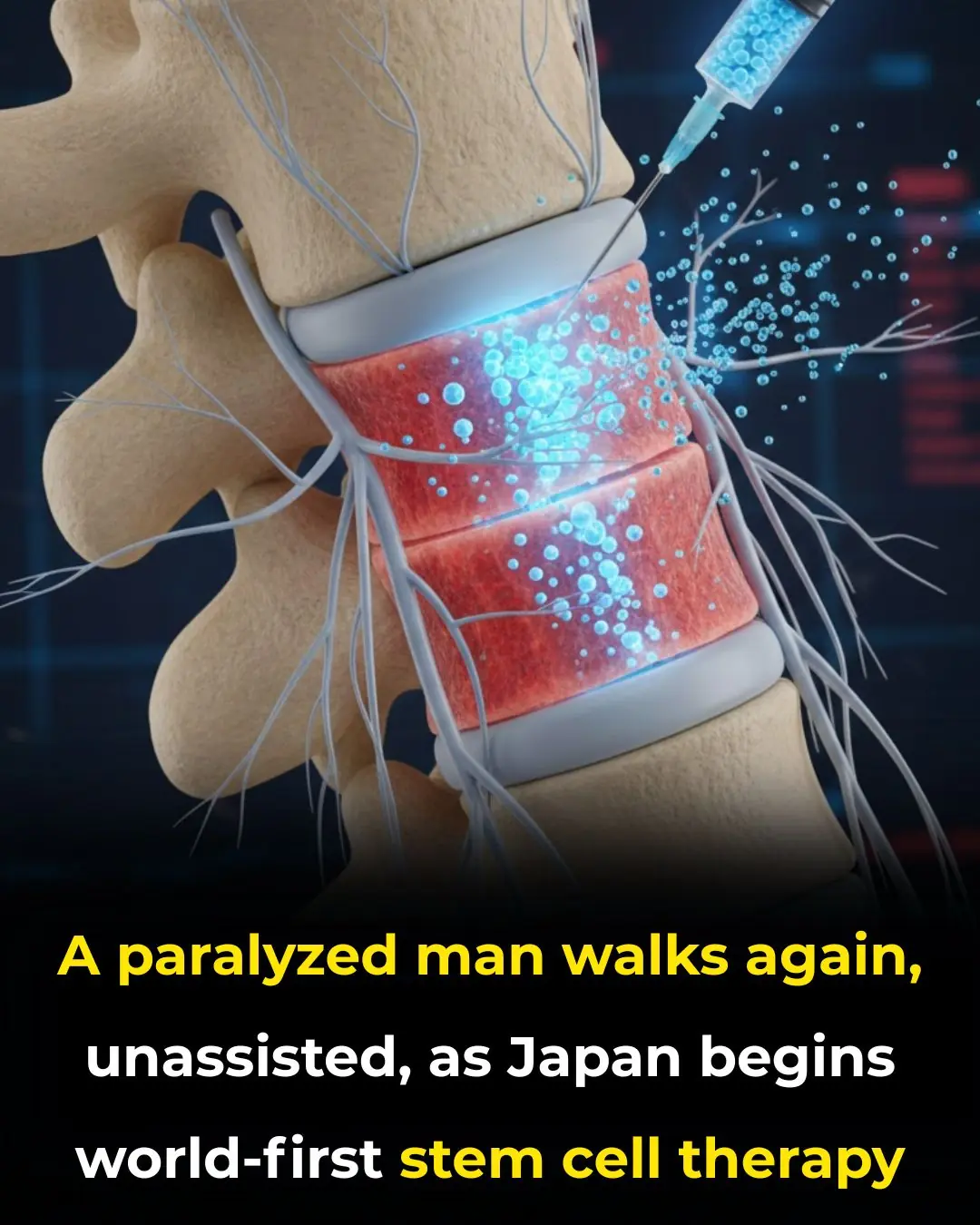
A Medical Miracle From Japan: How Stem Cells Helped a Paralyzed Man Walk Again

The Fungus That Eats Radiation — And May Help Humans Survive in Space

Doctors in the U.S. reveal how to eliminate pesticides and dirt from your fruits — just a few simple steps can protect your whole family

You’re thawing your meat the wrong way. These 4 common methods are actually breeding grounds for bacteria — and can make your whole family sick

You’re drinking the wrong thing. Here’s the “golden drink” that protects your heart — especially if you sit all day
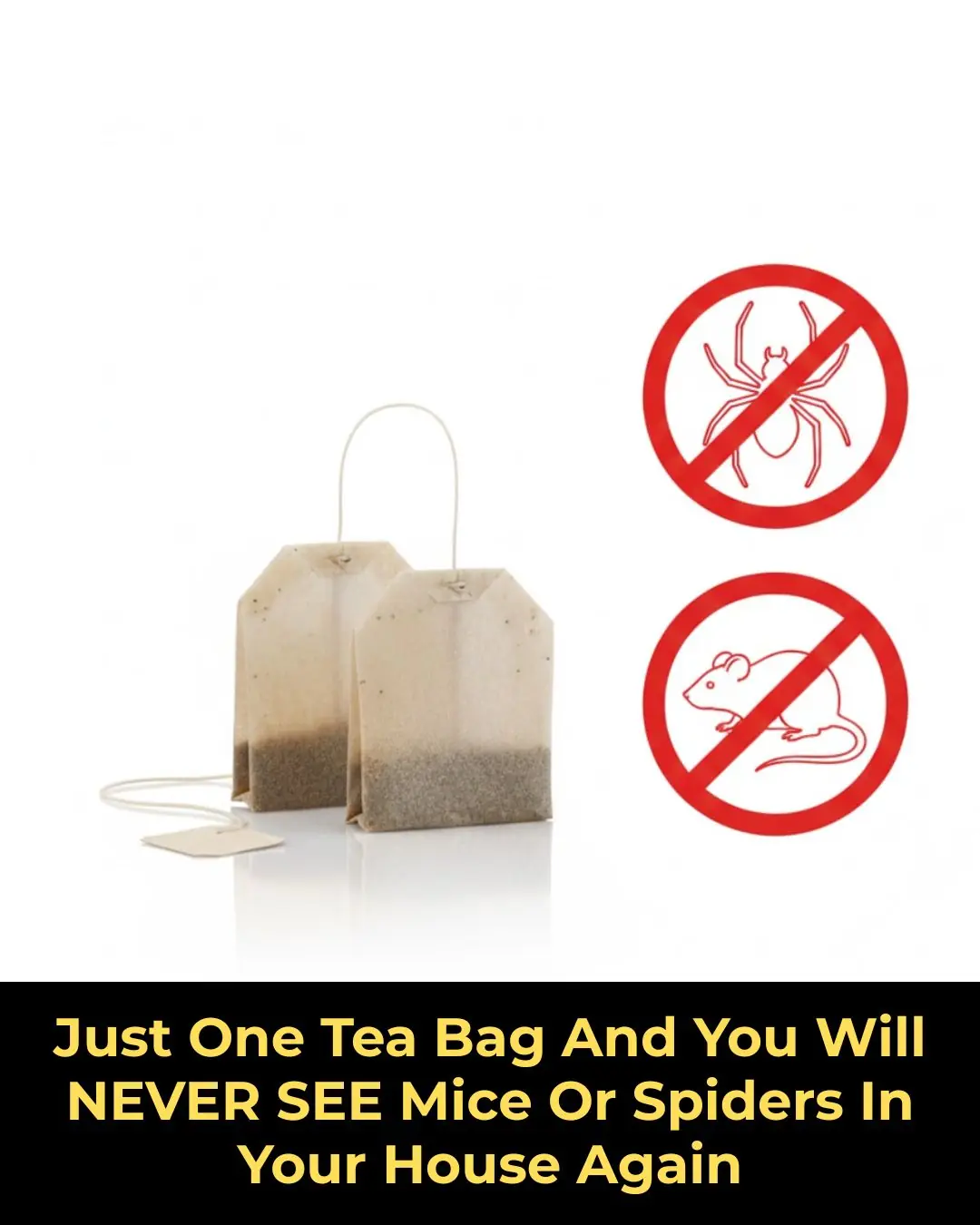
Can a Tea Bag Really Keep Mice and Spiders Away

Why are some window bars curved at the bottom

It’s time to SAVE YOUR LIVER by cutting out these 5 everyday vegetables that can silently cause serious harm

Most folks mess this up. The right way to grow clematis on a trellis

I had no idea this tiny fabric square had such an important purpose

You’re Handling Motion Sickness All Wrong. Here Are 8 Instant Ways to Beat It Without Medicine
News Post

High-Dose Nifedipine Linked to Increased Risk of Sudden Cardiac Arrest, New Study Suggests

How the U.S. Escaped Hurricane Landfalls in 2025

Ancient Shark Fossils Unearthed in Mammoth Cave Rewrite 325 Million Years of Evolutionary History

Powerful Health Benefits of Pineapple You Should Know

How an Italian Police Lamborghini Huracán Helped Save Lives by Delivering Kidneys Across Italy

Can Spinal Screws Push Through the Skin? Understanding a Rare but Serious Post-Surgery Complication

Why the Tongue Is One of the Most Important Organs in the Human Body
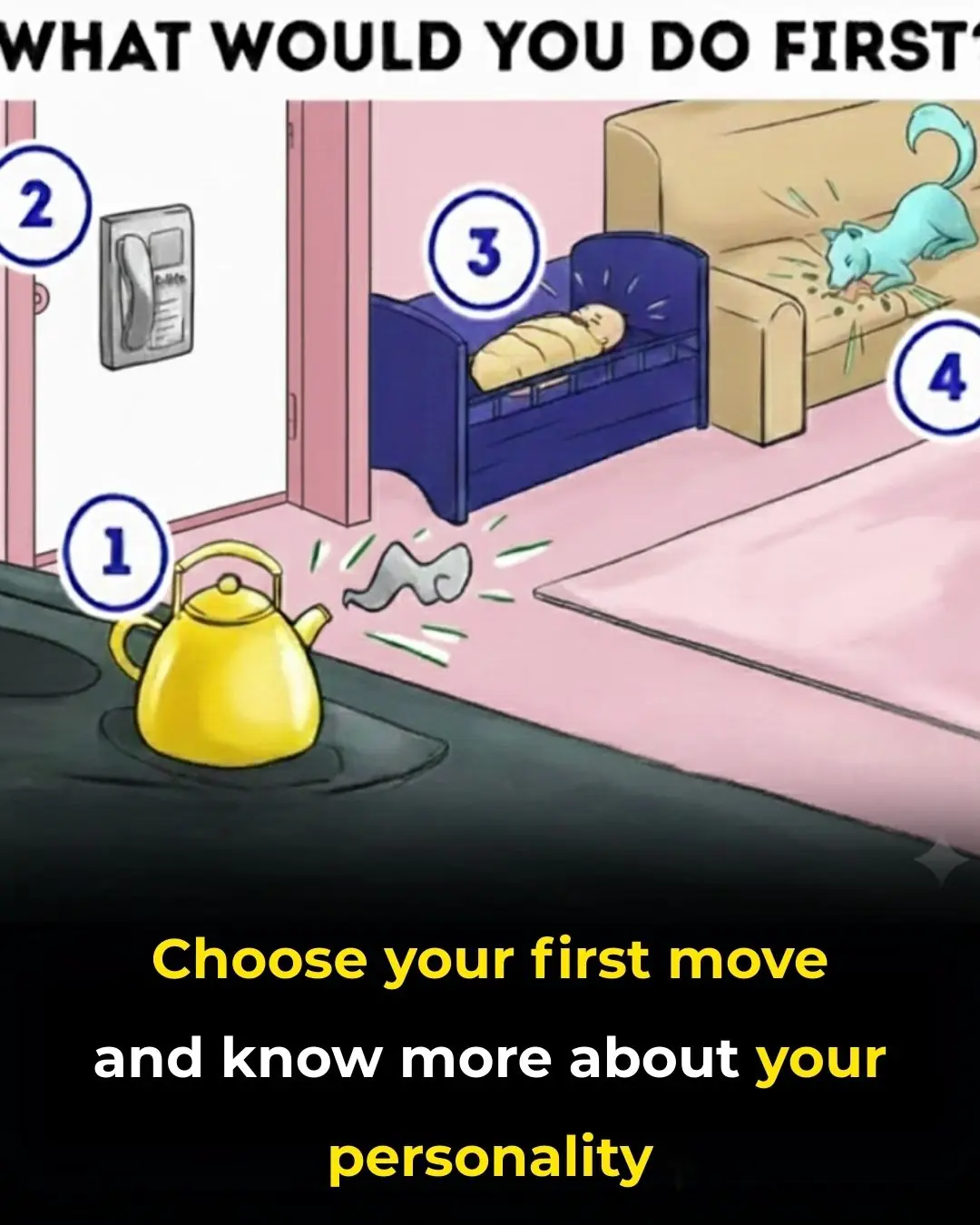
What You Do First in This Scenario
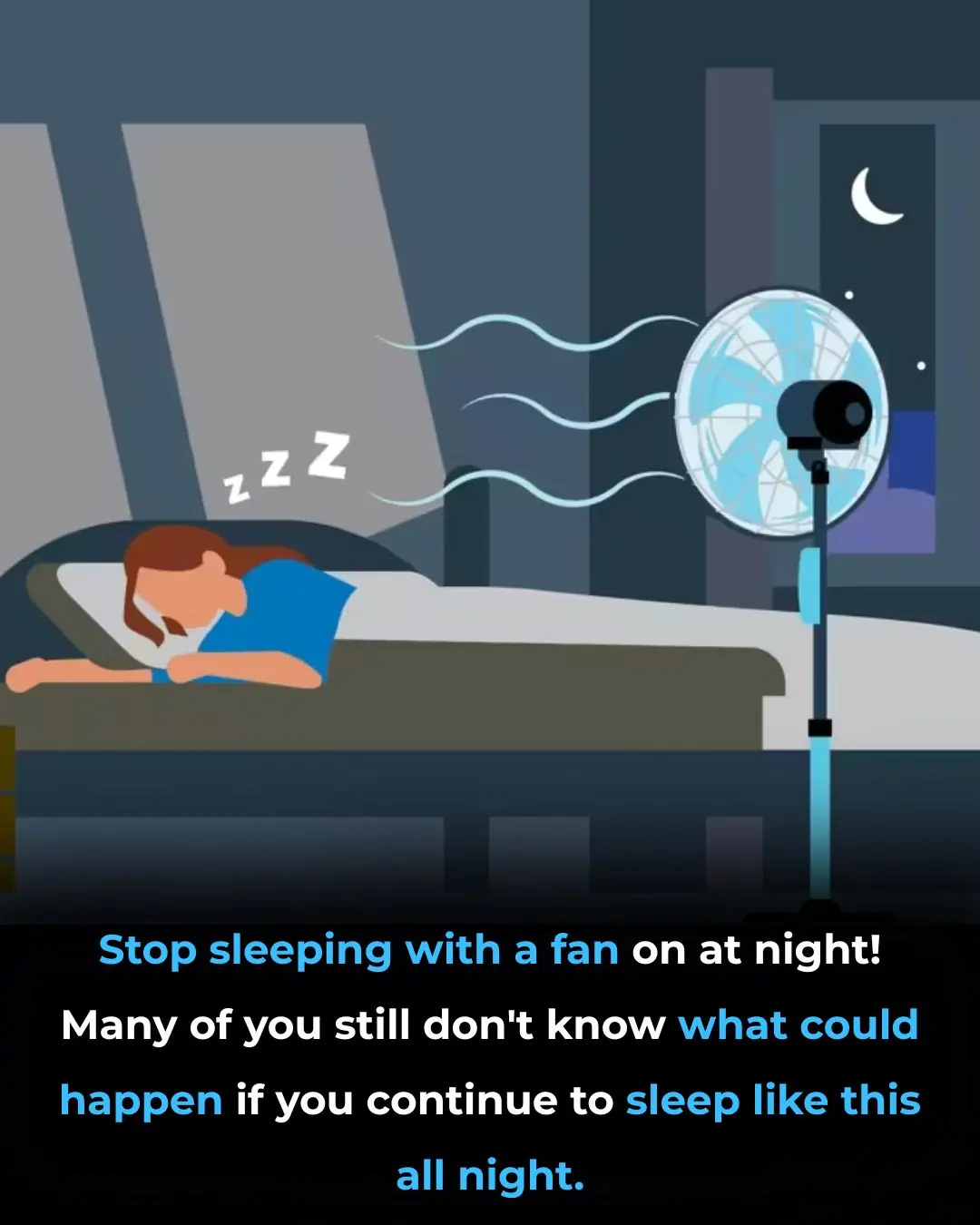
The Surprising Health Benefits of Sleeping in a Cold Room

A 4-Minute, Zero-Effort Hack to Clean Grill Gunk – The Simple Trick My Nana Taught Me

High Blood Sugar Warning Signs

🥚 A Look at How Certain Boiled Egg Habits May Affect Your Heart Health

Small Steps, Big Impact: How 4,000 Steps a Day Can Transform Your Health

🌿 Clove Water Sitz Baths for Women: A Gentle Guide to Hygiene and Comfort

What Happens to Your Body When You Eat Canned Tuna Every Day

17 Warning Signs Your Liver Is Crying for Help

How to Support Your Kidneys Naturally Using 1 Teaspoon of Baking Soda

Fish oil cuts CV risk nearly in half for dialysis patients

The hidden heart danger doctors say is more common in people with diabetes
